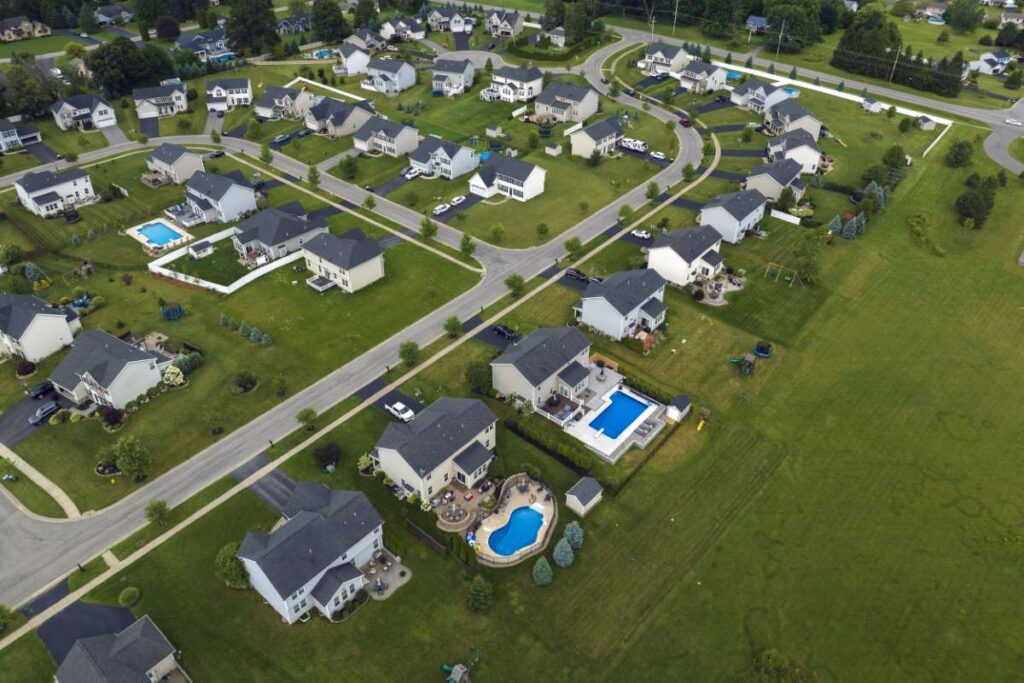Building trust with HOA boards is crucial for community management in Prescott, Arizona. Discover effective strategies to establish strong relationships.
Building Trust With HOA Boards in Prescott, Arizona
In Prescott, Arizona, homeowners’ associations (HOAs) play a vital role in maintaining the integrity and aesthetics of communities. As property values fluctuate and community needs evolve, the relationship between HOA boards and property management companies becomes increasingly important. Building trust with these boards not only enhances community satisfaction but also fosters a cooperative environment that benefits all residents. This article will explore effective strategies for establishing and maintaining trust with HOA boards in Prescott, delving into the nuances of communication, transparency, and proactive engagement.
Understanding the specific landscape of Prescott is essential when working with HOA boards. The city’s unique blend of historic charm and modern developments presents distinct challenges and opportunities for community management. Prescott’s diverse neighborhoods each have different needs, which requires a personalized approach to building trust. In this article, we will discuss key strategies that can help property managers and HOA boards collaborate effectively. By fostering trust, both parties can work towards a common goal of enhancing community living.
The Importance of Transparent Communication
Effective communication lays the foundation for trust in any relationship, and this is especially true for HOA boards. Clear and open lines of communication can prevent misunderstandings and foster a sense of community. In Prescott, property managers should prioritize regular updates to HOA boards regarding community issues, maintenance schedules, and upcoming events. Utilizing newsletters, emails, or community boards can be effective ways to keep everyone informed.
Furthermore, inviting feedback from board members and residents demonstrates a commitment to transparency. Regular surveys or suggestion boxes can provide valuable insights into community needs and concerns. Acknowledging and addressing these concerns in a timely manner shows that management values the input of both the board and the residents. This two-way communication helps build rapport and trust over time.
Consistency in Actions and Promises
Building trust requires more than just good communication; it necessitates consistent actions that align with the promises made. Property managers must follow through on commitments to HOA boards. Whether it’s completing maintenance tasks on time or addressing complaints swiftly, reliability is key. In Prescott, a small community often relies on word of mouth, and any inconsistency can quickly damage a manager’s reputation.
Maintaining a detailed log of commitments and deadlines can help property managers stay organized and accountable. Sharing this log with the HOA board can also provide transparency and reinforce the commitment to fulfilling obligations. When residents see that their concerns are taken seriously and addressed promptly, they are more likely to develop trust in the management team.
Building Relationships Through Engagement
Engagement is another crucial aspect of fostering trust with HOA boards. Organizing community events, such as neighborhood clean-up days, social gatherings, or informational workshops, can help bridge the gap between board members, residents, and property management. These gatherings provide opportunities for open dialogue, allowing property managers to connect with residents personally.
In Prescott, leveraging local resources, such as parks and community centers, for events can enhance participation. The more involved residents are in community activities, the more likely they are to feel connected to their HOA board and management team. Engagement fosters a sense of ownership, encouraging residents to take pride in their community and trust those who manage it.
Professional Development and Training for Board Members
Investing in the education and training of HOA board members can significantly contribute to building trust. Understanding the roles, responsibilities, and legal obligations of board members is essential for effective governance. Property management companies should offer training sessions to equip board members with the necessary skills to navigate the complexities of community management.
These training sessions can cover various topics, such as financial management, conflict resolution, and effective communication. By empowering board members with knowledge, property managers can foster a more informed and capable leadership group. This investment in professional development not only strengthens the HOA board but also enhances the overall functionality of the community.
Addressing Conflict Constructively
Conflicts are inevitable in any community, but how they are handled can make or break trust. Property managers must be equipped to mediate disputes constructively and fairly. In Prescott, having a clear conflict resolution policy helps to address issues promptly and effectively. When board members and residents know that there is a structured process for handling disputes, trust in the management team increases.
Encouraging open dialogue during conflicts is vital. Property managers should facilitate discussions that allow all parties to express their concerns and work towards a resolution collaboratively. By demonstrating a commitment to fairness and transparency in conflict resolution, property managers can strengthen their relationships with HOA boards and the wider community.
Utilizing Technology for Enhanced Communication
In today’s digital age, technology can play a significant role in building trust with HOA boards. Implementing community management software can streamline communication, making it easier for boards to access important documents, schedules, and updates. In Prescott, utilizing platforms that allow residents to report issues or provide feedback can enhance engagement and transparency.
Moreover, virtual meetings can be an efficient way to keep communication lines open, especially for boards with members who may not be able to meet in person. Offering these options demonstrates flexibility and commitment to accommodating the needs of board members. Technology can facilitate a more connected community, ultimately enhancing trust and collaboration.
Highlighting Community Achievements
Celebrating community achievements is an excellent way to build trust and foster pride among residents. Property managers should work closely with HOA boards to recognize milestones, such as completed projects, improvements, or community engagement initiatives. This recognition not only boosts morale but also reinforces the notion that the management team and HOA board are working together towards common goals.
In Prescott, showcasing these achievements through newsletters, social media, or community meetings can enhance visibility and encourage participation. When residents see tangible results from their HOA’s efforts, it strengthens their trust in the board and management team. This positivity can lead to increased involvement and a more cohesive community.
Creating a Culture of Feedback
Establishing a culture of feedback is crucial for building trust with HOA boards. Property managers should encourage board members and residents to share their thoughts on management practices, community events, and overall satisfaction. Regular feedback not only helps identify areas for improvement but also demonstrates that management values the opinions of both the board and the residents.
Incorporating feedback into decision-making processes can significantly enhance trust. When board members see that their suggestions are taken seriously and implemented, it fosters a sense of ownership and collaboration. This culture of feedback can lead to proactive problem-solving and a stronger partnership between property management and HOA boards.
Implementing Best Practices for Financial Transparency
Financial transparency is a critical aspect of building trust with HOA boards in Prescott. Property managers must provide clear and detailed financial reports that outline budget allocations, expenditures, and reserve funds. Regular financial updates can help board members understand the fiscal health of the community and make informed decisions.
Creating an open forum for discussing financial matters can also enhance transparency. Encouraging board members to ask questions and seek clarification fosters an environment of trust. When residents feel confident in the financial management of their community, they are more likely to trust the decisions made by their HOA board.
Leveraging Local Expertise and Resources
Building relationships with local vendors, contractors, and service providers can enhance the credibility of property management teams working with HOA boards. In Prescott, utilizing local expertise can lead to better service and more responsive solutions to community needs. Establishing partnerships with reputable local businesses not only strengthens trust but also provides a network of support for HOA boards.
Furthermore, showcasing these local partnerships can enhance the community’s perception of management. When residents see that property managers are invested in supporting local businesses, it creates a sense of community and trust. This collaboration can lead to more efficient service delivery and improved community satisfaction.
Conclusion
Building trust with HOA boards in Prescott, Arizona, is an ongoing process that requires commitment, transparency, and proactive engagement. By focusing on effective communication, consistency in actions, and fostering relationships, property managers can cultivate a strong partnership with HOA boards and enhance community living.
As we have discussed, implementing practices such as professional development, conflict resolution, and utilizing technology can significantly contribute to building trust. Ultimately, a strong relationship between property management and HOA boards will lead to a more vibrant, engaged, and satisfied community in Prescott.
For those looking to explore opportunities in property management or community engagement, consider reaching out to experienced professionals. The journey towards building a trusted community starts with informed decisions and strong partnerships. Start your journey today.



